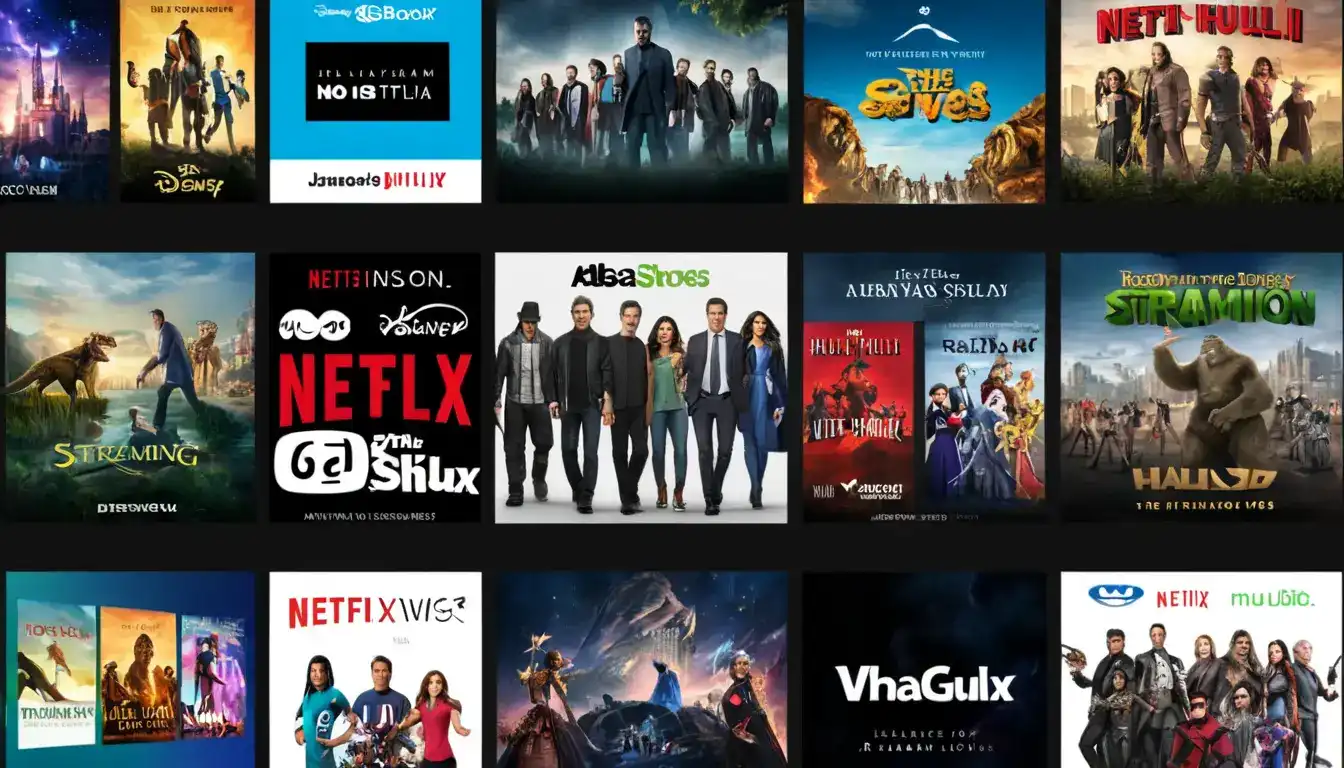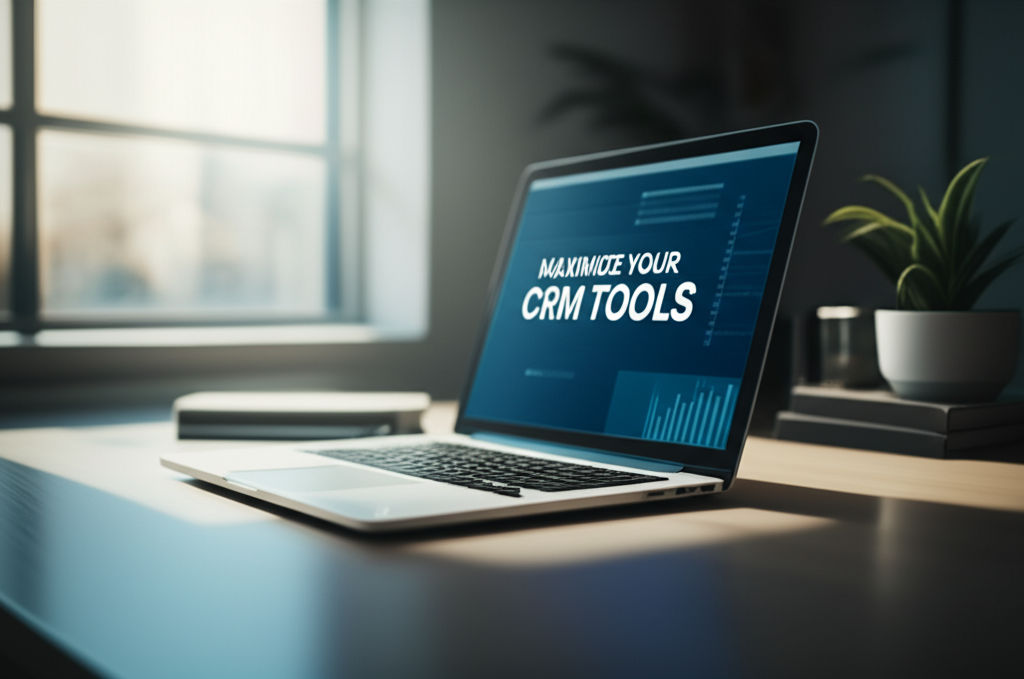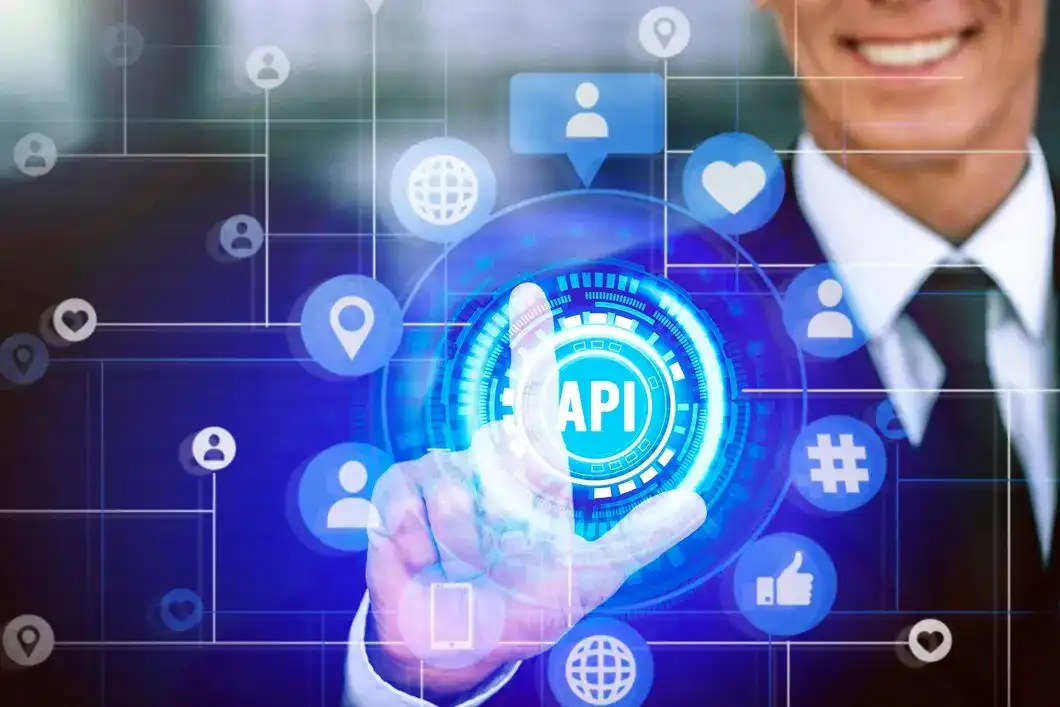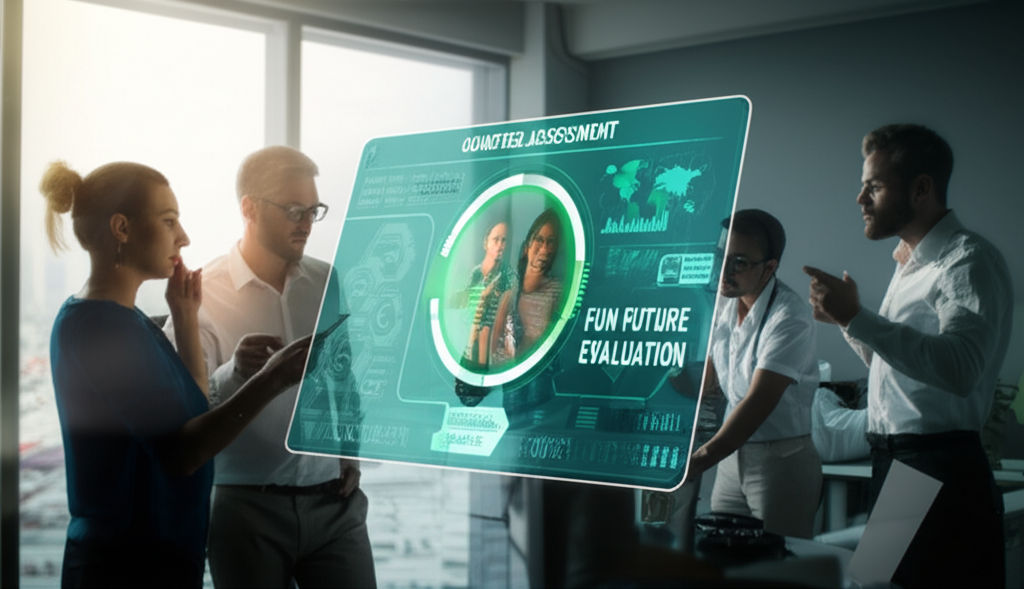Effective Performance Reviews
Emily Willis

Photo: Effective Performance Reviews
The Power of Effective Performance Reviews: A Guide to Growth and Success
In today's dynamic professional landscape, performance reviews are often seen as a necessary, sometimes daunting, annual chore. However, when executed effectively, they transform from mere evaluations into powerful catalysts for individual growth, team synergy, and organizational success. Far from being just a backward-looking assessment, effective performance reviews are a forward-thinking investment in your most valuable asset: your people. This article delves into the art and science of impactful performance reviews, offering actionable insights for both managers and employees to foster a culture of continuous improvement and achievement.
Beyond the Annual Check-in: Why Effective Performance Reviews Matter
Many organizations still rely on traditional annual or bi-annual performance reviews. While these have their place, a more modern approach emphasizes continuous feedback and development. Statistics highlight a crucial disparity: 98% of organizations acknowledge the importance of performance management programs, yet 45% of managers believe their formal review process lacks value. This gap underscores the need for a shift.
Effective performance reviews are not just about judging past performance; they are about fostering continuous improvement, aligning individual contributions with organizational goals, and enhancing employee engagement and retention. Companies that prioritize their people and organizational health are significantly more likely to outperform their peers, experiencing higher revenue growth and lower attrition rates.
Here’s why a robust performance review system is indispensable:
- Drives Employee Development and Growth: Performance reviews offer a structured opportunity to identify strengths, address areas for development, and create personalized growth plans. Employees are more engaged when they see a clear path for professional development.
- Enhances Communication and Clarity: Regular feedback and clear expectations reduce ambiguity and ensure everyone understands their role and how it contributes to the larger organizational objectives.
- Boosts Employee Engagement and Motivation: When employees receive meaningful, timely feedback, they are significantly more engaged and motivated to perform outstanding work. Studies show that 80% of employees who receive meaningful feedback in the past week are fully engaged.
- Improves Organizational Performance: By empowering employees to excel, performance management directly contributes to increased productivity, innovation, and overall business success.
- Reduces Turnover: Companies with effective performance management practices often report lower turnover rates. A significant 24% of employees would consider leaving their jobs due to ineffective performance appraisals.
The Pillars of an Effective Performance Review Process
Building a truly effective performance review process requires intentional design and consistent execution. It moves beyond a mere formality to become a cornerstone of talent management.
1. Setting Clear Expectations with SMART Goals
The foundation of any successful performance review begins long before the actual meeting: with clear expectations. Employees need to know what success looks like in their role. This is where SMART goals come into play. SMART is an acronym for:
- Specific: Goals should be well-defined with a clear objective. Instead of "improve customer service," aim for "reduce customer response time by 20% over the next quarter."
- Measurable: Quantifiable targets allow for tracking progress and objective evaluation.
- Achievable: Goals should be challenging but realistic, considering available resources and time.
- Relevant: Goals must align with the individual's job responsibilities, team objectives, and overall company strategy.
- Time-bound: A specific deadline creates urgency and accountability.
Managers and employees should collaborate to set these goals at the beginning of a performance cycle, making reviews check-in points rather than the starting line.
2. Continuous Feedback and Regular Check-ins
One of the most significant shifts in modern performance management is the move away from infrequent, annual reviews to a system of continuous feedback. Employees prefer ongoing, frequent communication about their performance.
- Timely and Specific: Feedback is most effective when it's given promptly and is tied to specific behaviors or incidents, rather than vague generalizations.
- Two-Way Conversation: Performance discussions should be a dialogue, not a monologue. Managers should encourage employees to offer their input, ask questions, and actively participate in their professional development.
- Balanced Feedback: While constructive criticism is vital for growth, it should be balanced with recognition of achievements and positive reinforcement. Highlighting accomplishments boosts confidence and encourages continued progress.
3. Incorporating 360-Degree Feedback
For a comprehensive view of an employee's performance, consider incorporating 360-degree feedback. This approach gathers insights from multiple sources: peers, subordinates, managers, and sometimes even customers.
Benefits of 360-degree feedback include:
- Holistic Perspective: Provides a well-rounded assessment of an employee's competencies and behaviors, identifying blind spots they might not be aware of.
- Reduced Bias: By incorporating diverse perspectives, it helps minimize biases often found in single-source evaluations.
- Enhanced Self-Awareness: Employees gain a clearer understanding of how their actions affect others.
- Identifies Skill Gaps: Helps pinpoint areas where additional support or training might be needed.
Crafting Constructive Feedback: A Manager's Guide
Delivering feedback, especially constructive feedback, is an art. It requires empathy, clarity, and a focus on solutions.
- Be Prepared and Specific: Before the review, gather notes, specific examples, and data related to the employee's performance throughout the entire review period. Avoid focusing solely on recent activities (recency bias).
- Focus on Behaviors, Not Personality: Frame feedback around observable actions and their impact, rather than making personal judgments. For example, instead of "You're disorganized," try "I noticed that project timelines were missed twice this quarter, impacting team delivery."
- Provide Actionable Solutions: Feedback without direction is merely a complaint. Offer concrete steps, resources, or recommendations for improvement.
- Maintain a Supportive Tone: The goal is to help the employee grow, not to reprimand. A calm, respectful, and supportive tone is crucial, especially when discussing difficult areas.
- Encourage Dialogue: Ask for the employee's perspective. What challenges did they face? What support do they need? This makes the review a collaborative problem-solving session.
- End on a High Note: Conclude the review with a positive comment or by reiterating support for their development and future success.
Preparing for Your Performance Review: An Employee's Playbook
Performance reviews are a two-way street. As an employee, your active participation can significantly impact the outcome and your career trajectory.
- Review Your Job Description and Past Goals: Understand the core responsibilities of your role and how your performance aligns with them. Review your previous goals and development plans to assess your progress.
- Document Your Accomplishments: Keep a running list of your achievements throughout the year. Don't be modest! Quantify your successes with specific projects, numbers, or client feedback.
- Reflect on Challenges and Learnings: Identify areas where you faced difficulties, what you learned from those experiences, and how you've worked to overcome them. This demonstrates self-awareness and a commitment to growth.
- Prepare for Feedback: Be open to receiving constructive criticism. Listen actively, ask clarifying questions, and avoid becoming defensive. Remember, feedback is about your work, not your worth.
- Set Future Goals (SMART Goals): Think about your career aspirations and how they align with the company's objectives. Propose SMART goals for the upcoming period that demonstrate your commitment to growth and contribution.
- Prepare Questions: Think about what you want to gain from the review. Ask questions about opportunities for growth, how you can improve, and new responsibilities you could take on.
Overcoming Common Performance Review Challenges
Despite best intentions, performance reviews can face hurdles. Recognizing and addressing these challenges is key to a truly effective system.
- Bias and Lack of Objectivity: Unconscious biases (e.g., recency bias, halo/horn effect) can skew evaluations. To combat this, focus on objective criteria, specific examples, and data. Calibration meetings among managers can also help ensure fairness and consistency.
- Infrequent or Vague Feedback: As discussed, a lack of continuous, specific feedback leaves employees feeling "in the dark." Implement regular check-ins
Latest ✨
View AllUnlock the power of capital markets! Learn how these vital financial ecosystems drive economic growth & business expansion by connecting capital to innovation.
Emily Willis
utilizing social media for businesses to expand their reach and build brand awareness. It emphasizes understanding the target audience, choosing the right platforms, creating engaging content, building a strong brand identity, and engaging with the audience. Specific strategies for maximizing social media presence on platforms like Facebook, Twitter, Instagram, LinkedIn, Pinterest, and TikTok are also provided. Additional tips include prioritizing user experience, building a strong brand reputation, utilizing video marketing for SEO, monitoring and responding to negative SEO attacks, and staying patient and consistent in social media marketing efforts.
Emily Willis
Unlock growth for your small business! This guide demystifies digital marketing, offering actionable strategies to attract customers & compete online.
Emily Willis
Ditch stressful tests! Gamified assessment makes evaluations fun, fair & future-ready. Unlock true potential with engaging, insightful methods.
Emily Willis
Business
View All
August 5, 2024
Tips to Improve Your Work Productivityproductivity in the workplace and provides a comprehensive guide to enhancing productivity. It covers topics such as understanding productivity styles, creating a productive workspace, time management, overcoming distractions, enhancing motivation and energy levels, effective task management, collaborating and delegating tasks, utilizing technology for productivity, and maintaining work-life balance.
Emily Willis

June 9, 2025
Smart Tax Planning for BusinessesDon't let taxes drain your business. Discover smart tax planning strategies to maximize savings, boost profitability, and fuel your growth.
Emily Willis

June 8, 2025
Debt Management for Business StabilityUnlock business stability! Learn strategic debt management to fuel growth & avoid pitfalls. Your comprehensive guide.
Emily Willis
Economy
View AllUnlock the power of Human Capital! Discover why it's the vital asset for the future of work, driving innovation & competitive advantage. Learn key strategies.
Read MoreIn today's rapidly changing economic landscape, innovation and resilience are more important than ever. Innovation drives progress and competitiveness by creating new ideas and solutions to meet market needs. Resilience helps businesses withstand shocks and bounce back from setbacks by planning strategically and diversifying resources.
Read MoreUnlock historical wisdom and ancient philosophies for preventing depression. Learn timeless strategies for resilience and emotional balance in modern life.
Read MoreEntertainment
View All
August 5, 2024
Music Universal Language: Connecting and Inspiring Across CulturesMusic has the power to transcend language barriers and connect people on a deep emotional level. It serves as a bridge between cultures, fostering understanding and appreciation for diversity. The universality of rhythm and melody creates a sense of unity, while the diversity of musical styles allows for exploration and creativity.
Emily Willis

August 4, 2024
Social Media's Influence on Celebrity Culture: Trends and ImpactsSocial media has revolutionized celebrity culture by enabling direct fan engagement, promoting authenticity, and creating new trends such as influencer marketing and digital content creation.
Emily Willis

August 4, 2024
The Evolution of Streaming Services Such as Netflix, Disney+, Hulu, and the Implications for the Traditional Entertainment IndustryThe rise of streaming services has revolutionized the entertainment industry, offering on-demand access to a vast library of content through internet-connected devices. Platforms like Netflix, Disney+, and Hulu have diversified their content libraries, reshaped consumer behavior, and challenged traditional distribution models. Technological advancements have enhanced streaming experiences, while economic and cultural implications have led to global market expansion and increased investment in original content production. The future of the streaming industry will be shaped by competition, convergence of media and technology, and the need for adaptation to changing consumer preferences. Embracing digital transformation and strategic partnerships will be crucial for stakeholders in navigating the evolving landscape of modern entertainment.
Emily Willis
Health
View Allour minds are often overwhelmed with information and stimuli, leading to stress and anxiety. Mindfulness and meditation offer tools to cultivate inner peace and well-being. Mindfulness involves being present in the moment without judgment, while meditation involves focusing attention on an object or thought.
Emily Willis
The focus of nutrition advice is shifting towards personalized nutrition, taking into account individual genetic makeup, lifestyle, and health goals to create a customized eating plan. This approach can lead to improved health outcomes, enhanced nutrient absorption, increased motivation, and targeted support for specific health concerns.
Emily Willis
significance of mental health awareness in today's fast-paced world. It discusses the importance of understanding mental health, breaking down stigma, and promoting positive mental health practices.
Emily Willis
Trending 🔥
View All
1
2
3
5
6
7
8
9
10
Sports
View AllAugust 5, 2024
Sportsmanship in the Spotlight: Cultivating Respect, Integrity, and Ethical Behavior
Read MoreTechnology
View All
August 5, 2024
How IoT is Changing the Way We Live and Work
The Internet of Things (IoT) is revolutionizing daily life and professional environments by connecting devices to the internet, allowing for communication, data collection, and autonomous task performance. IoT is transforming homes, workplaces, healthcare, and transportation by enhancing convenience, efficiency, and safety.

August 5, 2024
The Impact of AI on the Future of Work and Education
AI is rapidly advancing and reshaping industries, economies, and societies, especially in the areas of employment and education. In the workplace, AI is changing roles through automation and creating new job opportunities. The future of work will most likely involve collaboration between humans and AI, requiring workers to develop new skills and engage in lifelong learning.

August 4, 2024
Get to know Blockchain Technology and its Potential in the Future
Blockchain technology, initially known for its association with Bitcoin, has evolved into a versatile tool with applications beyond cryptocurrency. It is a decentralized digital ledger that ensures secure, transparent, and tamper-resistant transactions. Key features include decentralization, security, transparency, and immutability. Current applications include cryptocurrencies, supply chain management, smart contracts, digital identity verification, healthcare, and voting systems.

August 5, 2024
What is Blockchain and How does it Work?
Blockchain technology is a decentralized digital ledger that records transactions securely and transparently across multiple computers. Key concepts include decentralization, cryptographic security, and consensus mechanisms. Transactions are verified, grouped into blocks, and added to the blockchain through a consensus process.





















